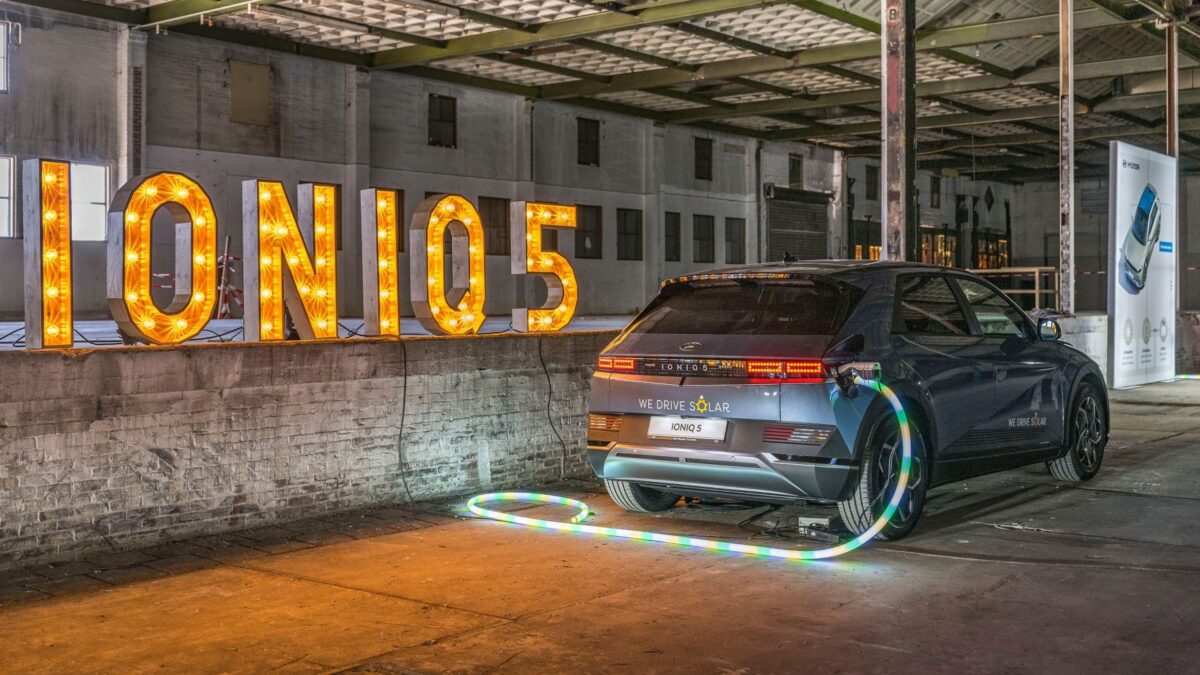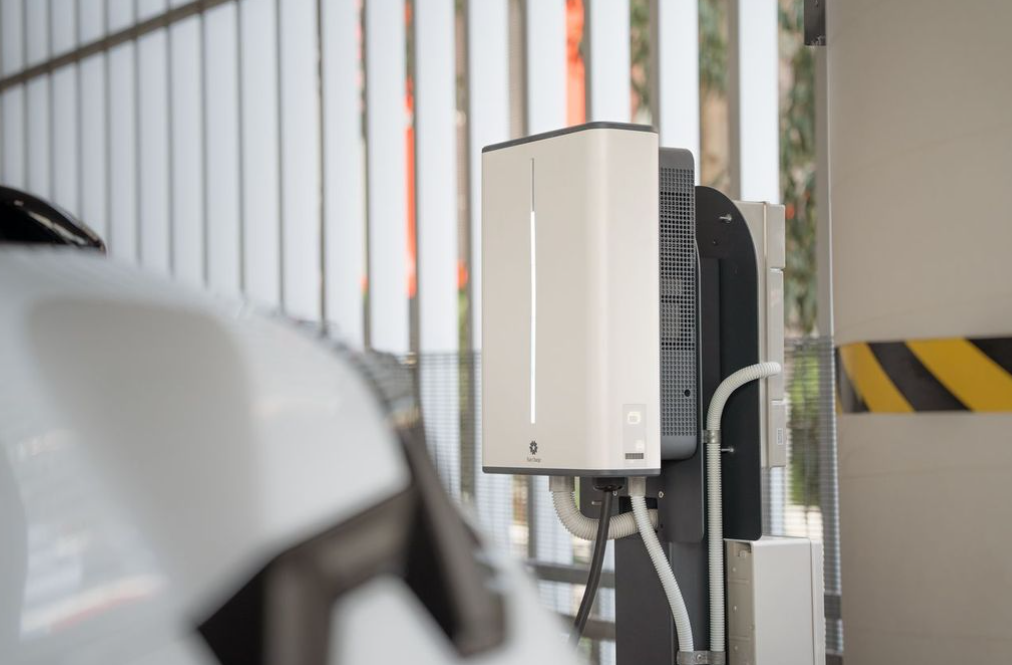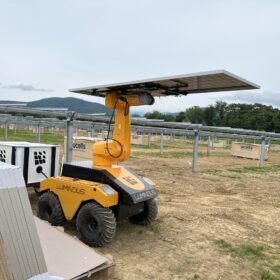From pv magazine Global
Residents of Utrecht, the Netherlands, will have the opportunity to use shared cars as stationary batteries to store renewable energy when vehicles are not in use. Dutch companies We Drive Solar and MyWheels have said that the project will establish Utrecht as the world’s first city to provide bidirectional energy services using electric vehicles.
The companies expect to connect 300 electric shared cars in the city to bidirectional charging stations by the end of this year. These vehicles will be able to charge from the stations and also discharge energy, in order to serve as a neighbourhood energy storage facility.
“The available solar and wind energy is used to charge the shared cars and can be fed back at times when there is a higher demand for sustainable electricity,” the two companies said in a statement. “Shared cars as neighbourhood batteries on wheels can play an important role in countering grid congestion and thereby accelerating the energy transition.”
The station will features 25 Ioniq 5, a V2G technology developed by South Korean automaker Hyundai Motor. V2G technology is used to feed the energy stored in EV batteries back into national grids, which can help to stabilize power supplies during high-demand periods. However, in order for this technology to have a sufficient impact on grid operations, large-scale deployment is necessary.
This content is protected by copyright and may not be reused. If you want to cooperate with us and would like to reuse some of our content, please contact: editors@pv-magazine.com.








By submitting this form you agree to pv magazine using your data for the purposes of publishing your comment.
Your personal data will only be disclosed or otherwise transmitted to third parties for the purposes of spam filtering or if this is necessary for technical maintenance of the website. Any other transfer to third parties will not take place unless this is justified on the basis of applicable data protection regulations or if pv magazine is legally obliged to do so.
You may revoke this consent at any time with effect for the future, in which case your personal data will be deleted immediately. Otherwise, your data will be deleted if pv magazine has processed your request or the purpose of data storage is fulfilled.
Further information on data privacy can be found in our Data Protection Policy.